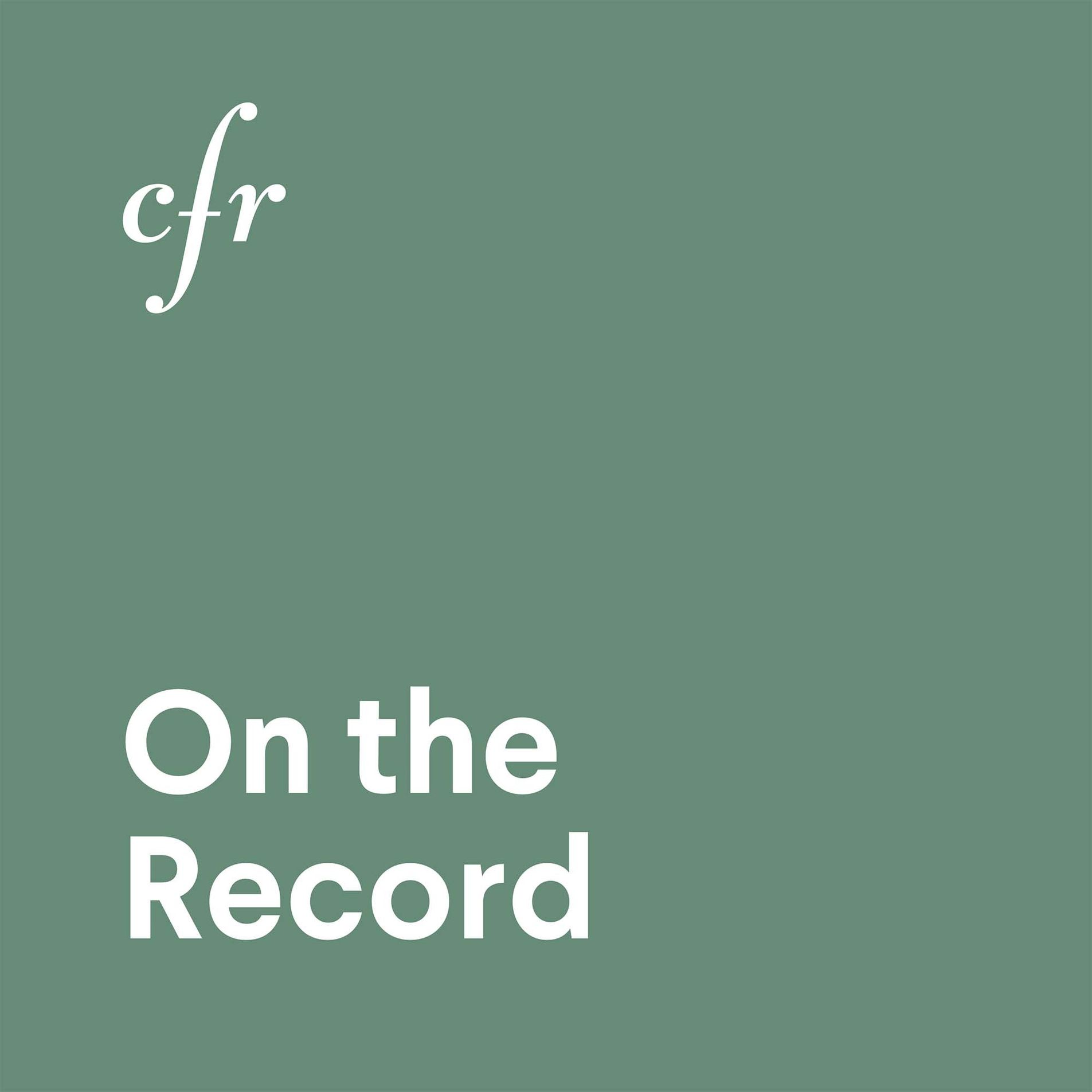Academic Webinar: Authoritarianism
Description
Moisés Naím, distinguished fellow at the Carnegie Endowment for International Peace, leads the conversation on authoritarianism.
CASA: Welcome to today’s session of the Winter/Spring 2024 CFR Academic Webinar Series. I’m Maria Casa, director of the National Program and Outreach Department at CFR. Thank you all for joining us.
Today’s discussion is on the record, and the video and transcript will be made available on our website, CFR.org/Academic, if you would like to share them with your colleagues or classmates. As always, CFR takes no institutional positions on matters of policy.
We are delighted to have Moisés Naím with us for a discussion on power and authoritarianism. Moisés Naím is a distinguished fellow at the Carnegie Endowment for International Peace and an internationally syndicated columnist. Dr. Naím’s experience in public service includes his tenure as Venezuela’s minister of trade and industry, director of Venezuela’s central bank, and executive director of the World Bank.
He has held appointments as a professor at IESA, Venezuela’s leading business school, and Johns Hopkins University. Dr. Naím is the host and producer of Efecto Naím, an Emmy-winning weekly television program on international affairs that airs throughout the Americas on Direct TV.
He was the editor in chief of Foreign Policy magazine for fourteen years, and is the author of many scholarly articles, and more than ten books on international economics and politics.
Welcome, Dr. Naím. Thank you very much for speaking with us today.
NAÍM: Thanks for inviting me. Delighted to be with you.
CASA: You have been reflecting on the nature of power, authoritarianism, and autocracy for many years, and have written a series of books that focused on these themes. Could we begin with you telling us a little bit about your current thinking on the subject?
NAÍM: Of course. I am as concerned, as many other people are, about the fact that democracy is in retreat and authoritarianism is moving. This is not just an opinion; this is solid data from Freedom House, which is an institution that analyzes and surveys the world in terms of its propensities towards freedom or not. And in the most recent report about the state of freedom in the world, they show that it has—global freedom has declined for the eighteenth consecutive year. So for every year in the last eighteen years, democracy was declining and authoritarian regimes, of different stripes and forms, were taking over.
Political rights and civil liberties were diminished in fifty-two countries, and the fact is that the majority of the people in the world today live in authoritarian regimes, or regimes where the checks and balances that define a democracy are not functioning—fully functioning and are limited and constrained. This is a very complex, surprising world in which a lot is happening for the first time—or a lot that we believe is happening for the first time, in fact, has happened before.
I have here a phrase—a couple of phrases by European thinkers in the 1930s. After the First World War and before the Second World War, they saw it coming. They did not know exactly what form would it take. But José Ortega y Gasset is a famous Spanish thinker of that time, and in 1930 he wrote a book, and one of the phrases in the book is, “we don’t know what is happening to us.” And that is exactly what is happening to us—that we don’t know what’s going on. We know that something big is going on, but we don’t know exactly how is it going to affect our jobs, our companies, our politics, our life, our society, and so on.
Another politician, at the same time—an Italian this time—in the 1930s, wrote a book. Antonio Gramsci was his name. He was in jail for political reasons, and Gramsci wrote, “the old is dying and the new is yet to be born. In this interregnum, monsters are hatched.” I repeat: “The old is dying and the new is yet to be born. In this inte
More Episodes
Elliott Abrams, CFR senior fellow for Middle Eastern studies, and Elliot Cosgrove, rabbi of Park Avenue Synagogue, discuss the evolving role of the Jewish diaspora in shaping U.S. policy towards the Middle East, the challenges of fostering unity within the Jewish community, and the broader...
Published 11/20/24
Published 11/20/24


